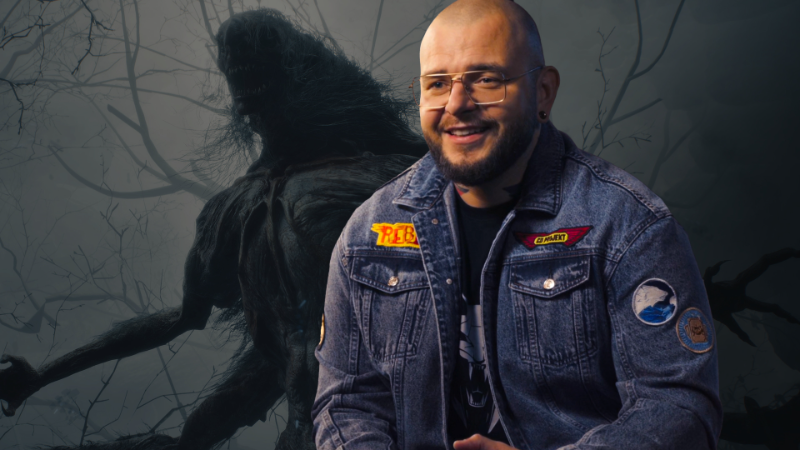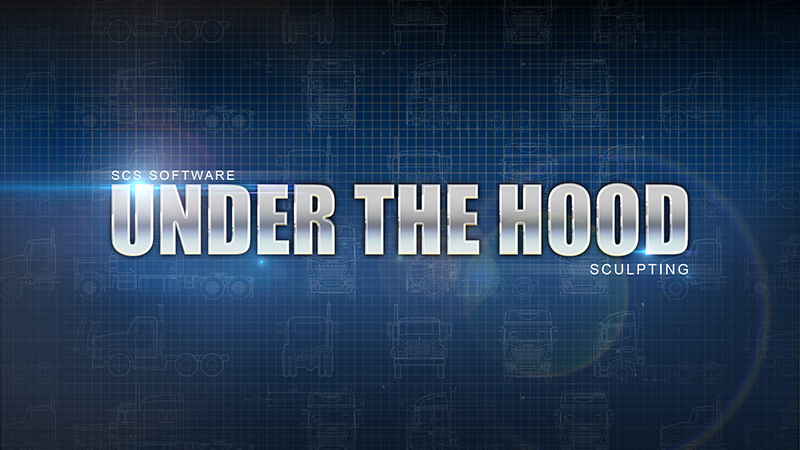“So that’s all life is to you? Monsters and money?”
That’s the important thing line within the new Witcher telly trailer revealed at San Diego Comic Con last weekend. Anybody who’s performed a CD Projekt Red game is aware of the reply: Geralt has way more about him than that. The pale surprise does run a cash-in-hand monster management enterprise, it’s true – however he’s additionally saved lives, affected enormous political change, and made the type of choices you and I’d by no means be trusted with. I imply, you and I are in all probability each going to buy The Witcher 3 at full price again for the Switch. We’re not accountable individuals.
You can perceive, although, why someone would possibly underestimate Geralt’s social consciousness. In his world, witchers are rumoured to don’t have any emotions, and he doesn’t precisely exit of his approach to show emotional vary – as an alternative greeting a chaotic world with a visage of eerie calm. He eschews factional affiliation, combating to remain politically unengaged with the identical vehemence because the Ohio man who listens to white noise tapes on the espresso store to keep away from studying something about US present affairs.

To perceive why Geralt’s like this, it’s a must to know the place he’s from. Not Rivia, however post-Soviet Poland. The Witcher was a product of the ‘90s, the last decade during which Poland discovered its toes as a capitalist nation after 44 years of communist rule. The books written by Andrzej Sapkowski had been a response towards the idealism that had come earlier than. The Polish individuals had change into uninterested in the propaganda and paternalism of the socialist state, which had presided over an period outlined by financial battle, strikes, and a interval of martial legislation.
This was a time during which Polish popular culture grew to become anti-political. A brand new comfortable drink, Frugo, loved huge success by rejecting what had come earlier than. Its TV adverts confirmed a cool teenager in saggy denims defacing a gray Soviet world, relishing his freedom from the meals shortages of the previous, and ignoring the admonishments of socialist authority figures and church moralists alike.
The new anti-politics was all about embracing the market, and with it the Western items that had represented an unreachable ‘normality’ for Poles within the dying years of the socialist period. It discovered a literary hero in Geralt, a fighter whose solely battle cry was “I don’t work for free”.
More than as soon as, critics have famous Geralt’s resemblance to the protagonist of Władysław Pasikowski’s 1992 movie Pigs, the previous secret police officer Franz Maurer. Maurer thought of himself past the “good and evil” of Polish politics, eradicating “baddies” no matter their uniform. Socialists and their opponents had been handled with equal disdain.
You can see the parallels in Geralt’s lack of respect for pre-established order. In Blood and Wine, CD Projekt Red’s last Witcher Three enlargement, a nobleman in French-drenched Toussaint complains that Geralt doesn’t present him the correct deference.
“Listen, friend,” Geralt tells him. “There’s an enormous difference between us but it’s not about status – it’s about me having two swords on my back, and you having none. So I’ll call you whatever I want.”
The one hierarchy the witcher respects is a type of frontier rule. It’s becoming, then, that the one rituals he observes aren’t social – they’re for the monsters, the battle friends for whom he takes the time to organize his tinctures and meditate.
That lifestyle is most jarring when Geralt visits Vizima, the brand new seat of Nilfgaardian energy within the north in the course of the occasions of The Witcher 3. The sequence begins with an tried wolf taming – Geralt is bathed, groomed, dressed within the Nilfgaardian style, taught bow, even tackle his betters and at what quantity. But as quickly as he enters the Emperor’s chambers, the manners slip away. Geralt isn’t wowed by the trimmings of energy, and sees them for what they’re – an excuse to trample different nations into the grime below the guise of cultural enlightenment.
“I think anyone can be wrong,” he tells Emhyr var Emreis. “Even an Emperor.”
It’s in moments like these that Geralt’s aloofness is revealed to not be apathy. He’d be a far much less interesting character if it had been. In reality he’s typically compelled to talk reality to energy, and when he’s handed over to a Nilfgaardian ambassador to study current occasions, seems to be surprisingly educated about present affairs.
“Couldn’t you just go home?”, he suggests on the struggle. “Save everyone a lot of marching. Not to mention a few human lives.” The undeniable fact that Geralt doesn’t decide sides isn’t an indication he cares too little, however an excessive amount of. Ultimately, he’s all the time on the aspect of the individuals caught up within the ideological crossfire.
The Comic Con trailer posed the query, and so it’s cheap to imagine the TV present will give us the reply: life isn’t simply monsters and cash to Geralt. Instead he’s like a whole lot of us in 2019 – weary however offended, alternately pushed to disconnect from and convey change to the depressing world round him.
Source


